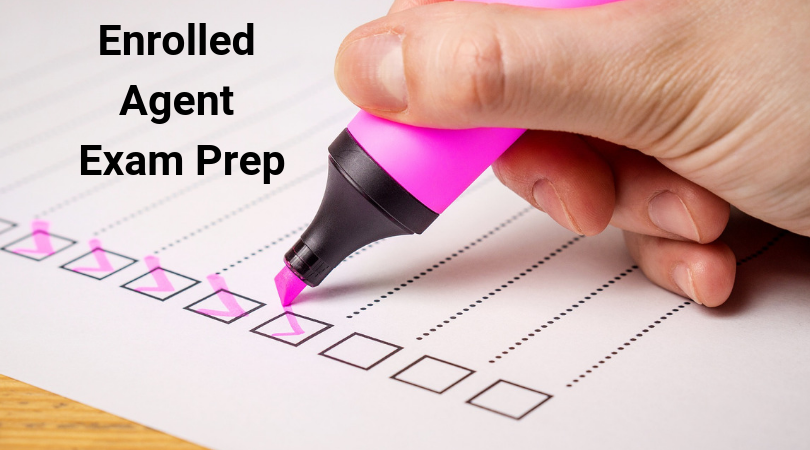Are you ready to take the next step in your tax career and become an Enrolled Agent (EA)? If so, you’re embarking on a journey that can lead to numerous opportunities in the world of taxation. To achieve this prestigious status, you must pass the Enrolled Agent Exam, a rigorous test administered by the Internal Revenue Service (IRS). In this comprehensive guide, we will take you through everything you need to know about the Enrolled Agent Exam, from understanding the requirements to acing the test and ultimately becoming a certified Enrolled Agent. Whether you’re a tax professional looking to enhance your credentials or someone interested in a career in tax representation, this article will serve as your roadmap to success.
Understanding the Role of an Enrolled Agent (EA)
Before we delve into the specifics of the Enrolled Agent Exam, let’s first understand the significance of the EA designation. An Enrolled Agent is a federally-authorized tax practitioner who has the legal right to represent taxpayers before the IRS. This representation can extend to various matters, such as audits, appeals, and collections. EAs are tax experts who possess a deep understanding of tax laws, and they play a crucial role in helping individuals and businesses navigate the complexities of the tax code.
Eligibility Requirements
To become eligible to sit for the Enrolled Agent Exam, you must meet certain criteria:
Obtain a Preparer Tax Identification Number (PTIN): Before you can enroll in the exam, you must have a valid PTIN, which is required for all tax preparers who assist in the preparation of federal tax returns.
Pass a Background Check: The IRS conducts a background check on all applicants to ensure they meet the agency’s suitability standards. A criminal history or tax-related issues may affect your eligibility.
Educational Requirements: While there are no formal education requirements to become an EA, it’s highly recommended to have a solid understanding of tax law and a strong foundation in tax preparation.
Experience: You must gain experience in tax preparation or IRS-related work. The exact requirements vary depending on your prior work experience, but typically, it involves several years of relevant experience.
The Enrolled Agent Exam
The Enrolled Agent Exam consists of three parts:
Individuals: Taxation of Individuals: This part focuses on topics related to individual taxation, including income, deductions, credits, and taxation of various entities.
Businesses: Taxation of Business Entities: This section covers taxation of business entities, such as partnerships, corporations, and estates and trusts.
Representation, Practices, and Procedures: In this part, you’ll learn about IRS procedures, ethics, and the responsibilities of Enrolled Agents in representing taxpayers before the IRS.
Each part of the exam consists of multiple-choice questions, and you must achieve a passing score on each section to pass the entire exam. The Enrolled Agent Exam is known for its challenging questions, so thorough preparation is essential.
Preparing for Success
Preparing for the Enrolled Agent Exam requires dedication and commitment. Here are some tips to help you succeed:
Study Materials: Invest in high-quality study materials, such as review courses, textbooks, and practice exams, to ensure you cover all the necessary topics.
Study Schedule: Create a study schedule that allows you to allocate sufficient time to each part of the exam. Consistent, focused study sessions are key to success.
Practice, Practice, Practice: Take practice exams to familiarize yourself with the format and types of questions you’ll encounter on the actual exam.
Stay Informed: Keep up with changes in tax laws and regulations, as the exam may include questions on current tax codes.
Seek Guidance: Consider enrolling in an Enrolled Agent Exam review course or seeking guidance from experienced EAs or tax professionals.
Becoming an Enrolled Agent is a prestigious accomplishment in the field of taxation, and passing the Enrolled Agent Exam is the first step toward achieving this goal. With the right preparation, dedication, and a solid understanding of tax law, you can successfully navigate the exam and join the ranks of Enrolled Agents who play a vital role in representing taxpayers and ensuring tax compliance. Remember that the journey may be challenging, but the rewards are well worth the effort, as you embark on a career that offers countless opportunities in the world of taxation.





